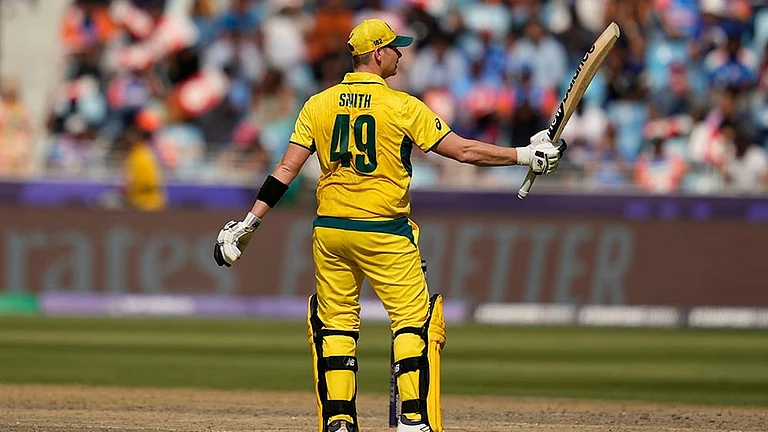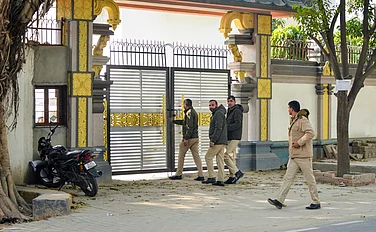In light of the currently escalating diplomatic tension between India and Canada regarding the killing of Khalistan activist Hardeep Singh Nijjar in June, on Tuesday, a piece of news went viral that Canada updated its travel advisory for its citizens asking them to avoid all travel to the Union Territory of Jammu and Kashmir as well as Indian states bordering Pakistan. A closer inspection of the matter reveals that similar guidelines clearly persisted in the previously issued advisories as well and is not a new one. The updated advisory, at the very top, clearly mentioned that the only change which was introduced in the latest one on September 18 was in the health section.
Co-founder of the well-known fact-checking platform AltNews, Mohammed Zubair, today pointed out that the text reading, "Avoid all travel to the Union Territory of Jammu and Kashmir due to the unpredictable security situation. There is a threat of terrorism, militancy, civil unrest and kidnapping. This advisory excludes travelling to or within the Union Territory of Ladakh", also existed in the previous versions of the official advisory, and hence it is evident that the particular screenshot which was circulated yesterday by several platforms was entirely misleading.
The senior journalist shared a couple of links to the advisory from July 2023, May 2023, January 2022, and August 2021, which show the top-most part being updated, alerting caution to its citizens travelling to India due to natural disaster, Biparjoy, risk of Covid-19, and the Manipur violence. However, the later part of the advisory that warns against travelling to Northeast, Union Territory of Jammu and Kashmir, as well as border areas of Pakistan remained the same over these periods.
The India-Canada Diplomatic Feud
Canadian Prime Minister Justin Trudeau on Monday alleged the involvement of "agents of the Indian government" in the killing, claims outrightly rejected by New Delhi as "absurd" and "motivated". Subsequently, Canada also issued the expulsion of a “senior” Indian diplomat. Canadian Foreign Minister Melanie Joly confirmed the order after Trudeau’s speech in the House of Commons.
Ministry of External Affairs reacted sharply to the allegations and issued a tit-or-tat expulsion order asking a Canadian diplomat to leave India within the next five days.
“The decision (to expel a Canadian diplomat) reflects the Government of India’s growing concern at the interference of Canadian diplomats in our internal matters and their involvement in anti-India activities,” the MEA said in Delhi.
"Such unsubstantiated allegations seek to shift the focus from Khalistani terrorists and extremists, who have been provided shelter in Canada and continue to threaten India's sovereignty and territorial integrity," it said and added, "The inaction of the Canadian Government on this matter has been a long-standing and continuing concern."
Hours later, Trudeau clarified that he was not looking to "provoke" India or "escalate" tensions, but urged to take the killing of Nijjar with the "utmost seriousness".
Trudeau had raised the issue with Prime Minister Narendra Modi during their meeting on the sidelines of the G20 summit in Delhi earlier this month.
During their bilateral meeting on September 10, Modi conveyed India's strong concerns about continuing anti-India activities of extremist elements in Canada as they are promoting secessionism, inciting violence against Indian diplomats and threatening the Indian community there.
Canadian Sikh Hardeep Singh Nijjar was designated a 'terrorist' by India under the stringent Unlawful Activities (Prevention) Act in July 2020.


























